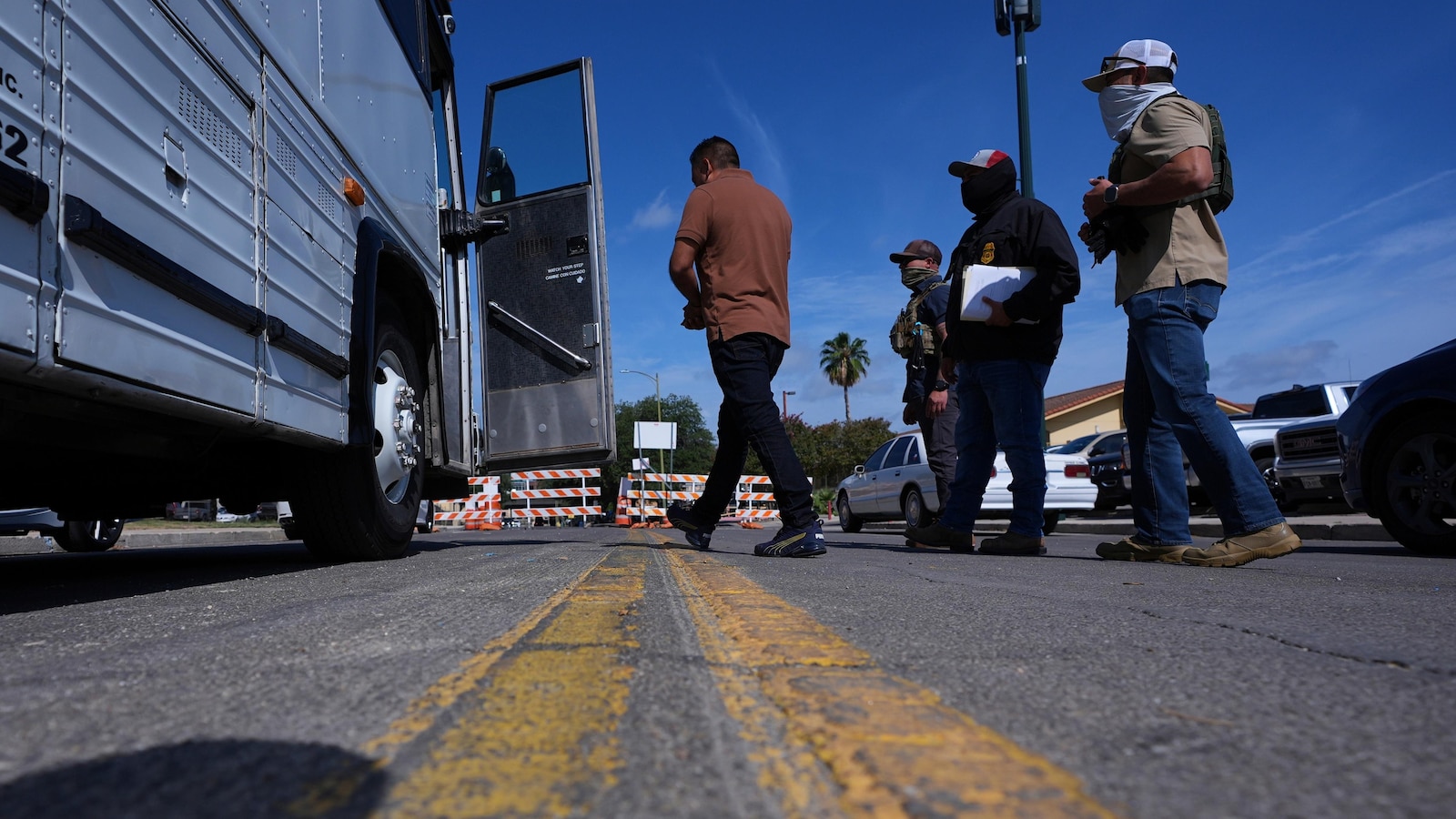Federal Judge Blocks Trump Administration's Fast-Track Deportation Expansion
A federal judge temporarily blocked the Trump administration's expanded fast-track deportations, ruling the Department of Homeland Security exceeded its authority, protecting hundreds of thousands of immigrants.
Subscribe to unlock this story
We really don't like cutting you off, but you've reached your monthly limit. At just $5/month, subscriptions are how we keep this project going. Start your free 7-day trial today!
Get StartedHave an account? Sign in
Overview
- A federal judge, U.S. District Judge Jia Cobb, temporarily blocked the Trump administration's efforts to expand fast-track deportations of immigrants, citing the Department of Homeland Security's overreach.
- The ruling pauses the administration's plan to broaden expedited deportations, benefiting over 500,000 Cubans, Haitians, Nicaraguans, and Venezuelans who entered through the parole process.
- Judge Cobb questioned whether those who escaped oppression would have the opportunity to present their case within a system of rules, emphasizing the perils immigrants face.
- Plaintiffs' attorneys hailed the decision as a "huge win" for hundreds of thousands of immigrants and their families, ensuring a pause in the controversial deportation expansion.
- The temporary injunction will remain in effect until the legal case challenging the Trump administration's expanded fast-track deportation policy is fully resolved in court.
Report issue

Read both sides in 5 minutes each day
Analysis
Center-leaning sources frame this story by highlighting the humanitarian implications of the judge's ruling, emphasizing the relief it brings to immigrants. They extensively quote the judge's empathetic language and the plaintiffs' attorney's positive reaction, portraying the administration's expanded fast-track deportations as an aggressive measure against vulnerable individuals. This collective editorial choice underscores the perceived injustice of the policy.
Articles (3)
Center (3)
FAQ
The judge ruled that the Department of Homeland Security exceeded its authority in expanding expedited deportations, emphasizing concerns over due process and the ability of immigrants to present their cases fairly.
Over 500,000 immigrants from Cuba, Haiti, Nicaragua, and Venezuela who entered through the parole process are the primary groups protected by the injunction against the expanded deportation policy.
Expedited removal allows immigration authorities to deport individuals rapidly without a judge, especially if they cannot prove continuous presence, while regular proceedings allow immigrants to have a hearing before a judge.
Critics argue the expansion bypasses due process, risks deporting legitimate asylum seekers without hearings, and may cause wrongful deportations of individuals unable to quickly prove their residency status.
A temporary injunction is in place blocking the policy until the legal case challenging the expanded expedited removal is fully resolved in court.
History
- This story does not have any previous versions.


